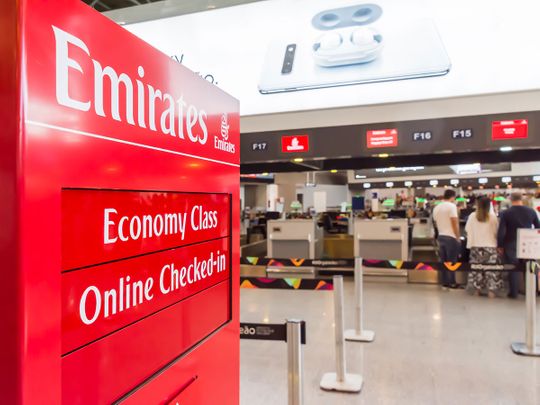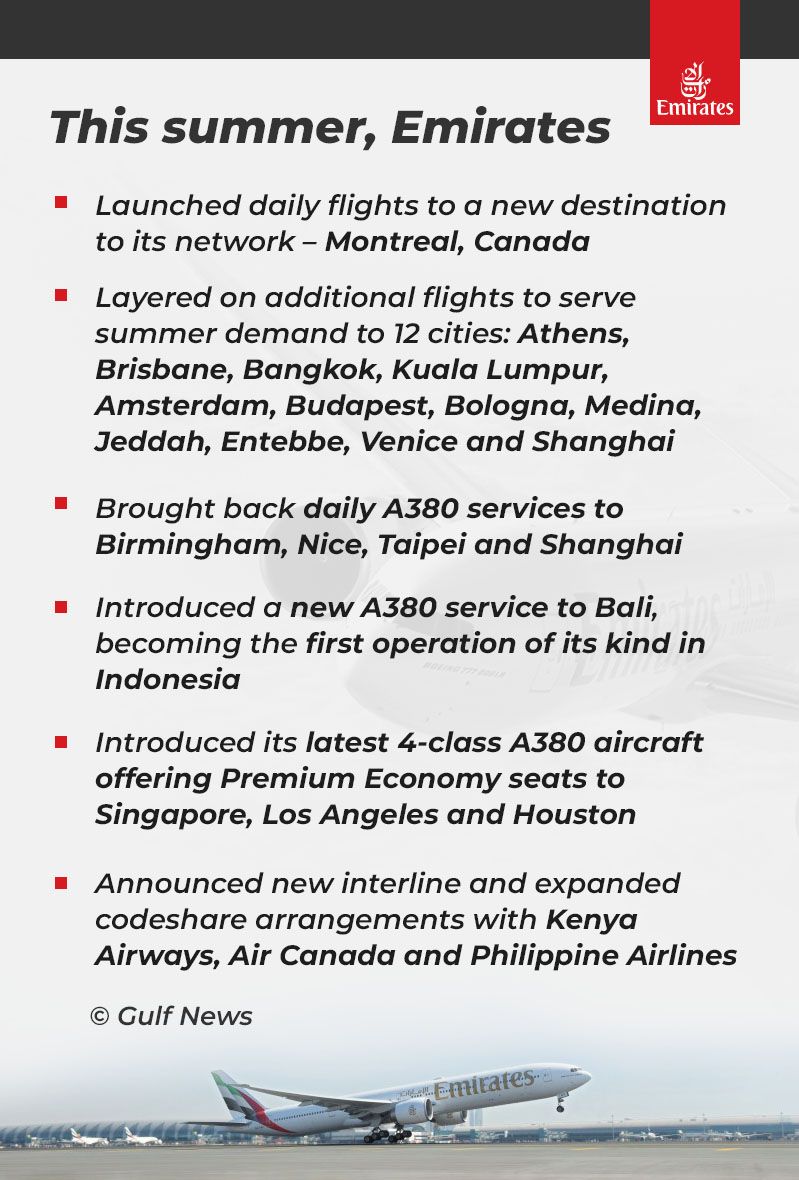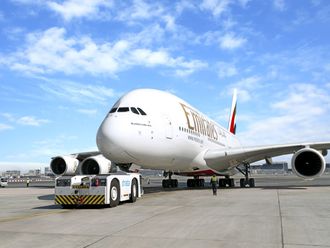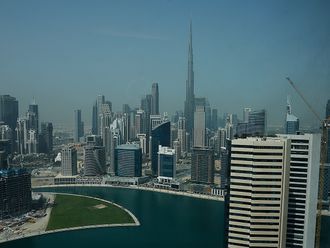
Dubai: Emirates has experienced one of its busiest summers ever, carrying over 14 million passengers between June and August with seat load factors consistently exceeding 80 per cent across its global network.
Booking trends indicate sustained demand for international travel, especially to Dubai.
The city remains popular among travelers, with two million customers visiting during the summer months. Top inbound markets to Dubai on Emirates included the UK, India, Germany, Pakistan, Saudi Arabia, China, Egypt, and Kuwait.
Over 35 per cent of visitors traveling to Dubai on Emirates were families, staying for an average of over two weeks. The airline anticipates increased demand for winter travel to Dubai due to global conferences and sporting events. Dubai has already welcomed over 8.5 million international visitors in the first half of 2023.
Read more
- In H1-2023, Dubai International Airport's passenger numbers zoom past 2019's pre-Covid tally of 41.3m
- DXB retains title as world’s busiest international airport with 2% summer seat boost
- Emirates, Philippine Airlines broaden travel options with expanded interline agreement
- Emirates, Air Canada expand codeshare for flights to and from Montréal

"Travel demand across our network has been strong and resilient despite rising cost-of-living pressures in many markets,” said Adnan Kazim, Emirates’ Chief Commercial Officer. “It shows the value that people place on travel – whether for work, play, study, or visiting loved ones; and how essential international air connectivity is to communities."
"As an early mover in restoring our flying schedules, Emirates worked closely with our industry partners to ensure our readiness to serve customer demand as well as attract visitors through building on the appeal of our home and hub, Dubai.”
50,000
flights operated from June to August
“We’re happy to see strong customer preference for our product in all cabin classes, especially in our premium cabins.”
From June to August, Emirates operated nearly 50,000 flights to and from 140 cities, carrying over 14 million passengers.
Thanks to its 157 airline and rail partners, Emirates offers travellers extended access beyond its own global network, to over 800 cities in 100 countries.








